Movies about boarding schools tend to be hit or miss.
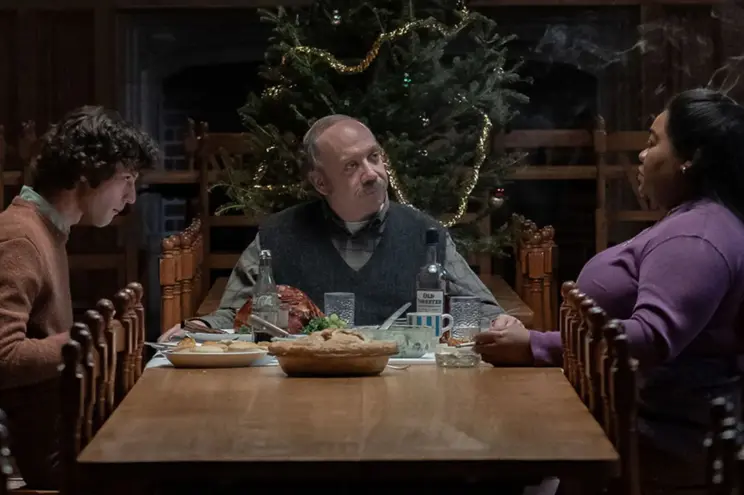
Some are quite good at depicting the painful steps of adolescence while juggling school work and extracurricular activities. Others tend to fall into cliche territory with sappy romances that may or may not work out. Yet some tug on hearts and stay memorable long after people have left the theatre. It almost makes one wonder what if Robin William’s John Keating of Dead Poets Society lost that adventurous, seize-the-day spirit of carpe diem? Or what if the beloved instructor of Goodbye, Mr. Chips never found his true soul mate? And what happens when someone stays in one place for too long? What would happen if all these issues were addressed in a film?
This is the case with The Holdovers, which is the latest release from director Alexander Payne and screenwriter David Hemingson. Payne’s previous works have dealt with masculinity (Sideways), changing times (Downsizing), and coping with trauma and/or tragedy (The Descendants). Here, his new film examines what happens when people are struggling with inner wounds, as well as what institutions do in churning out individuals with a troubled sense of self.
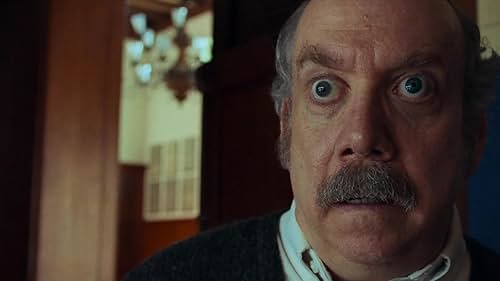
Paul Hunham (Paul Giamatti) is a frustrated, middle-aged history teacher at a Massachusetts prep school. Despite having attended Harvard, he’s been stuck at his old alma mater Barton Academy for the entirety of his career. He is hated by students and teachers alike, and this is a fact that he’s painfully aware of. Years of unruly students and marking essays have made him cynical and bitter. However, Paul is friendly with the school cook Mary (Joy Randolph), with whom he shares a love of game shows, and the school secretary Miss Crane (Carrie Preston), on whom he has a crush. After failing the son of a U.S. politician, Paul lands in trouble with the school, because the boy’s father is a major financial donor for Barton. He is saddled with the task/punishment of managing students who have nowhere to go over the two-week Christmas break. These sad sacks are known as “the Holdovers” (hence the title), and they’d rather be anywhere but here. Paul doesn’t want to stay at the school either, but he doesn’t have any family or friends of his own to spend the holidays with.
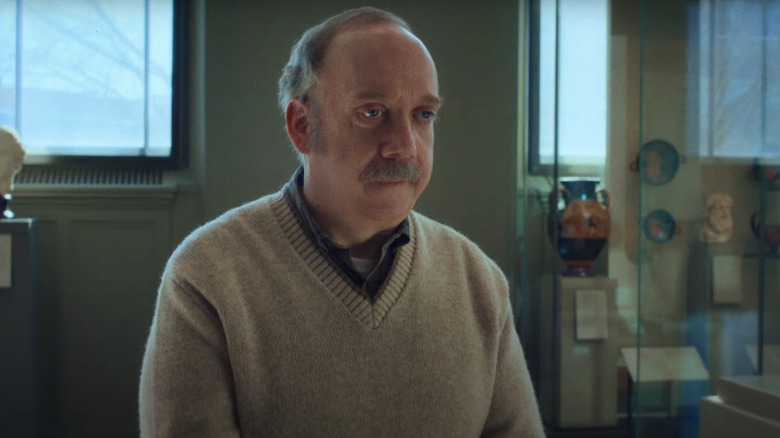
Almost instantly, Paul butts heads with Angus Tully (Dominic Sessa), a troubled student who flunked out of his previous school. He’s also having problems at home because he claims his father (Stephen Thorne) is dead and that his mother Judy (Gilligan Vigman) is off on a honeymoon with her new husband (Tate Donovan). The young man struggles with authority, and he loathes having to be with Paul over Christmas. By a twist of fate, the other holdovers are given a sudden reprieve and are allowed to leave on vacation, but Paul and Angus are forced to remain at the school. Rounding out the impromptu group is Mary, who is secretly hiding an addiction to alcohol. This stems from the pain of recently losing her only son, who died in the Vietnam War.
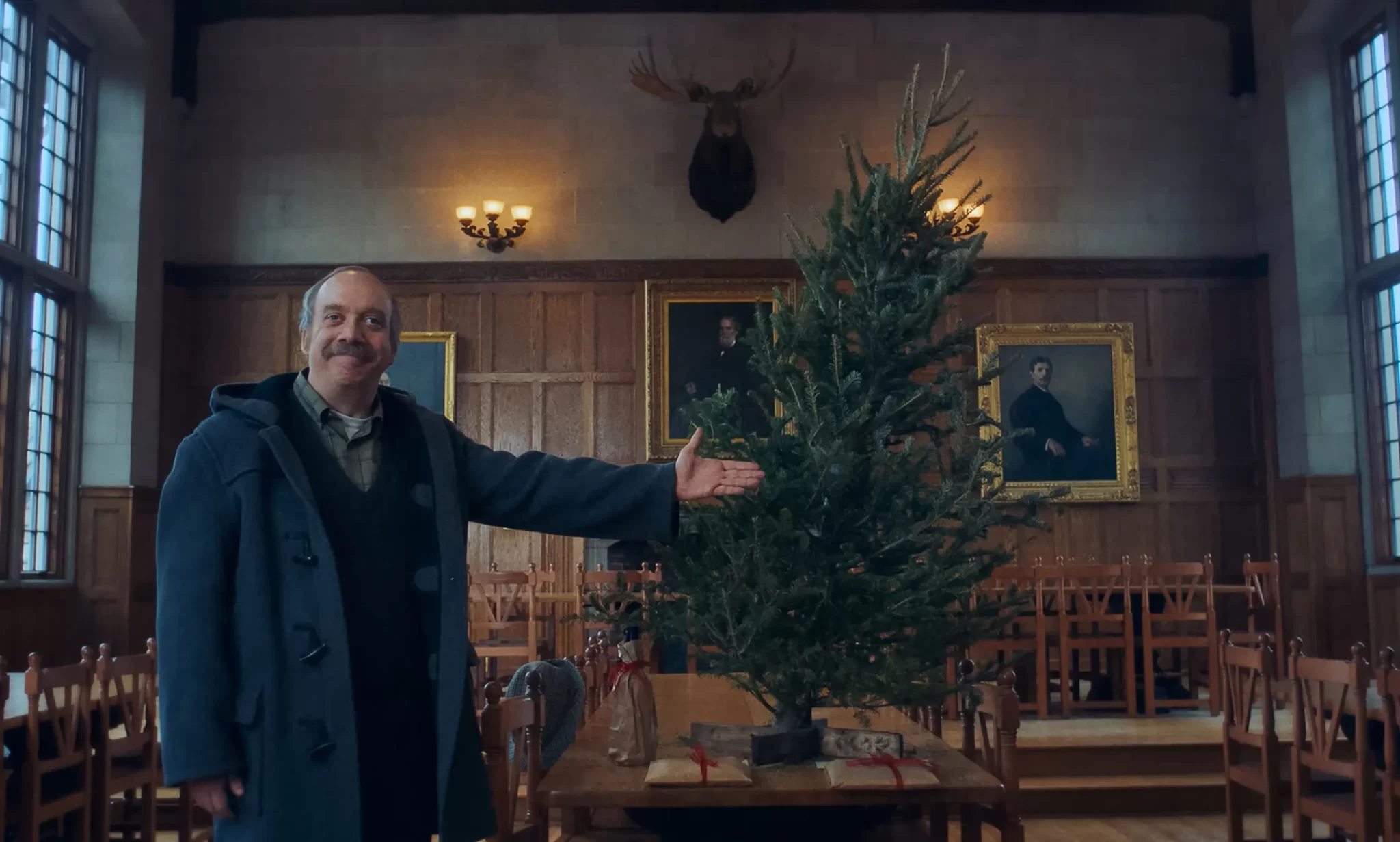
Despite a rough beginning, Paul and Angus begin confiding in each other after a bitter argument. This stems after Mary calls Paul out on his abrasive behaviour. From there, Paul begins to open up more. We learn that his Harvard undergraduate career came to an end after a fellow student pinned plagiarism on him. Similarly, Angus reveals his father isn’t dead but struggles with schizophrenia and is confined to a mental hospital. His mother chose to leave him at the school and go off with her new husband on the Christmas break. Meanwhile, Mary is struggling with her son’s death; the only reason he went to Vietnam is the hope of gaining an education on the G.I Bill benefits. The topic of war looms large in Angus’ mind because he’s in danger of being sent to military school- and by extension, Vietnam- if he flunks out of Barton.
Over the winter break, the three individuals grow closer together and enjoy a makeshift Christmas celebration. Paul even steps up and helps Angus when the boy injures his arm in the school gymnasium. To repay this kindness, Angus makes sure the hospital does not hold Paul responsible for the accident. Later on, Paul returns the favour by protecting Angus when the latter gets into a fight at a restaurant. Similarly, Mary comforts Paul after the latter learns his love interest Miss Crane has a partner of her own. Paul takes Mary to visit her sister, and he continues with Angus to explore the city of Boston and to visit the latter’s father. Ultimately, the road trip proves to be an important journey for teachers and students, and both individuals will be put to the test.
As usual, Giamatti is in fine form as Paul. Having shot to fame in the 1990s, he’s had a versatile career playing irritable jerks (Private Parts), shady Hollywood types (Big Fat Liar), conflicted politicians (John Adams), schlubby file clerks (American Splendour), violent mobsters (Shoot ‘Em Up), cynical writers (Sideways), shady businessmen (Straight Outta Compton) and even a Marvel supervillain (Rhino in The Amazing Spider-Man 2). The actor excels at playing cynics and frustrated men, and his performance. Yet as the film progresses, he manages to peel back the layers of Hunham and show a vulnerable human being who’s frustrated by the state of his life. One can sense this is a man who has been trapped in his job far too long but is afraid of venturing out into uncharted waters. He has known nothing other than Barton Academy, and he does not know what the future holds for him. “I find the world a bitter and complicated place, and it seems to feel the same way about me,” he admits to Angus at one point. It’s not that he is scared of the world; rather, he is resigned to his stagnant existence.
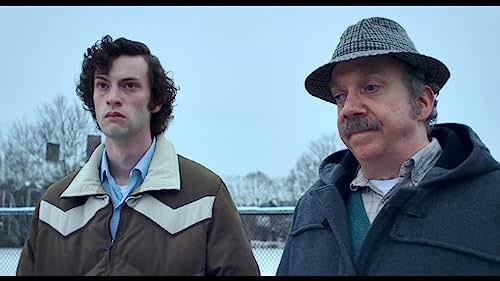
Yet the film’s major revelation is that of Joy Randolph as Mary. She holds her own opposite Giamatti’s curmudgeonly Paul and even outshines him. The scene of her breaking down over losing her only child is heartbreaking to watch, and it’s no wonder she turns to the bottle to cope with the trauma. Mary’s interactions with Paul are warm and gentle; she helps him see how cold and distant he’s becoming while he urges her to seek help for alcoholism. One could even imagine them having been more than friends in a different timeline. This writer predicts Randolph could very well be on this year’s shortlist for Best Supporting Actress at the Oscars.
The rest of the cast does well in their roles. In a similar fashion to Randolph, newcomer Dominic Sessa is as impressive as Angus, and one cannot help but emphasize the teen’s loneliness and angst over his fractured family. Gilligan Vigman is convincing as the worn-down, exasperated Judy, and Tate Donovan, usually known for playing nice guys, is memorable in his brief screen time as Angus’ uptight stepfather. Even Stephen Thorne is heartbreaking to watch as Angus’ father Thomas, whose sanity has fragmented since his nervous breakdown.
While the plot’s twist of three individuals on their own feels a bit contrived, the story does not feel meandering, nor does it feel sluggish over its two-hour and thirteen-minute runtime. Had the entire holdovers stayed around, the film could have risked falling into The Breakfast Club territory of school cliques and stereotypes. The pace quickens when Paul and Angus leave the school grounds on their road trip. At this point, it brings the plot of Rain Man to the cliche of keeping all the action within the school. The film is shot in the vein of a 1970s drama. Indeed, the film stock and opening credits are very much like something out of that decade.
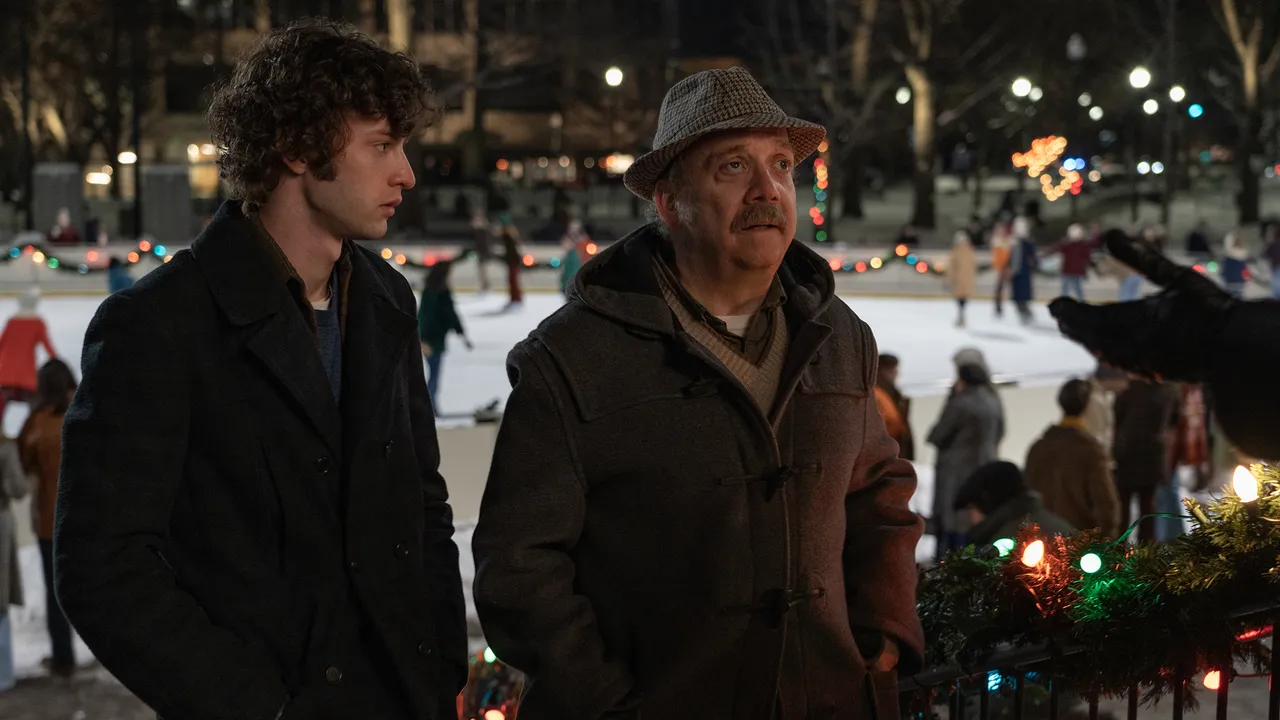
Overall, The Holdovers shines as an excellent character drama. Payne succeeds in getting great performances out of Giamatti, Sessa, and Randolph. Hemingson’s script is heartfelt, nuanced, and deeply moving. The movie is a great throwback to 1970s film productions. A contender for the Academy Awards. Five out of five stars.


